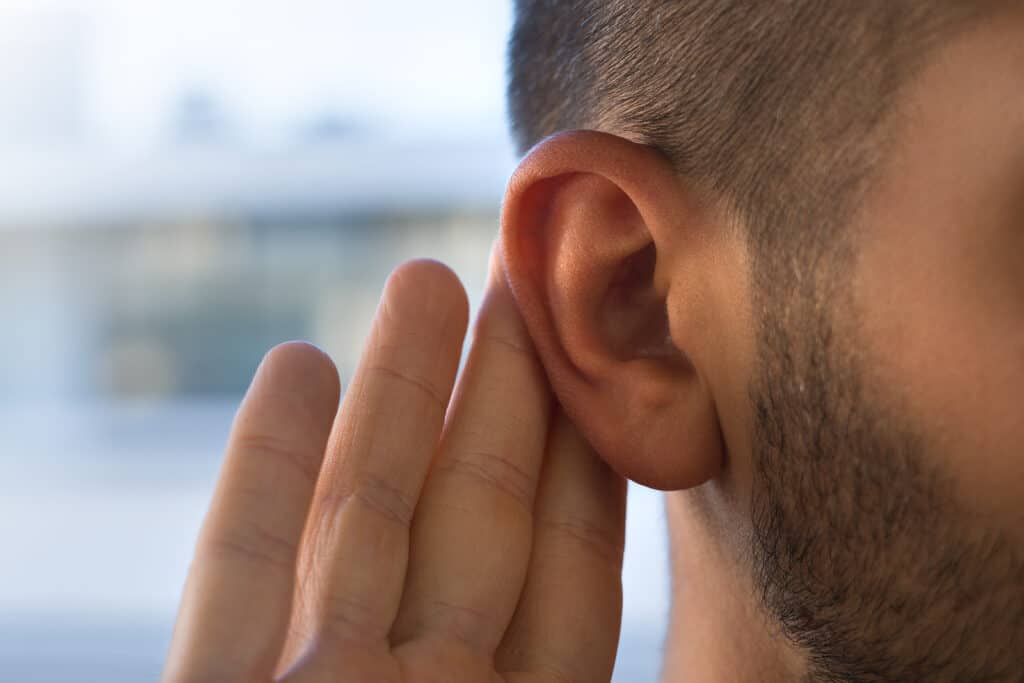If you work in an educational setting, you are likely aware of the variety of needs students bring to the classroom. Not only do students bring their experiences at home and in their neighborhoods, but they also have a wide range of abilities. Simply trying to captivate and challenge the range of aptitude in the classroom can be a enormous challenge, making sure you have activities and lessons that are not overwhelming to students while also keeping the sharpest among them engaged and interested. These dynamics of the classroom are compounded when you consider the needs of students who are hard of hearing. These students have the same range of educational aptitude as the rest of your students, but they require accommodations to be able to engage fully with the material. If you are teaching students who are hard of hearing, there are some steps you should keep in mind as you begin the school year this fall.
Connect with Specialists
If you are aware of a student in your classroom who is hard of hearing, the first step you can take is to contact the disability specialist in your school. There are likely resources allocated for students who are hard of hearing, and you will want to make sure you supply the most your school has to offer. Not only are these resources a devoted part of the school, but they are also legally required, so you will want to make sure you are providing everything the student needs to succeed. Begin by contacting your disability coordinator to see how you can best serve the needs of your student.
Provide Captioning
If you teach with multimedia materials or texts, make sure that these resources are fully accessible to all students. Having captioning alongside video content is crucial for your students who are hard of hearing. When they encounter any audio material in the course, you will want to make sure that text accompanies this resource. Even for young students who are learning to read, this resource can be helpful in the learning process. Gathering what audio content they can gather is a good way to develop reading skills, so don’t shy away from providing captioning for any resource, when in doubt.
Facilitate Interpreters
If you have a student who uses ASL, make sure to facilitate interpreters for all classroom activities. Your disability specialist will know how to schedule interpreters for your class, and you may need to group students who are hard of hearing into the same class if sign language interpreter resources are limited. Some students who are hard of hearing do not use sign language, but these students can benefit from teacher’s aid “interpreters,” as well. These adults can facilitate the classroom activities by sitting next the student who is hard of hearing and passing along information when necessary. Make sure to coordinate as many resources as possible so that language and hearing issues are not a barrier to learning.
Work with Parents
In conjunction with the disability specialist at your school, make sure to work with parents to make sure your student is getting all the assistance needed. You might be the first person to notice hearing issues, and having this conversation with parents should happen as soon as possible. If you have noticed hearing issues in the classroom, the first step will be to work with a pediatric audiologist or hearing specialist to schedule a hearing test. After the results come back from that exam, you can communicate with parents to make sure the student is receiving all the necessary resources, including hearing aids, if necessary. Working with parents to make these decisions can be a fragile endeavor, so make sure to enlist the help of school administration and other disability specialists to make the process as easy as possible. With these strategies in place, you can rest assured that you are doing all in your power to facilitate learning for your students who are hard of hearing. As always, asking that individual student what will help them succeed is a great way to get direct information and to let them know that you care.





